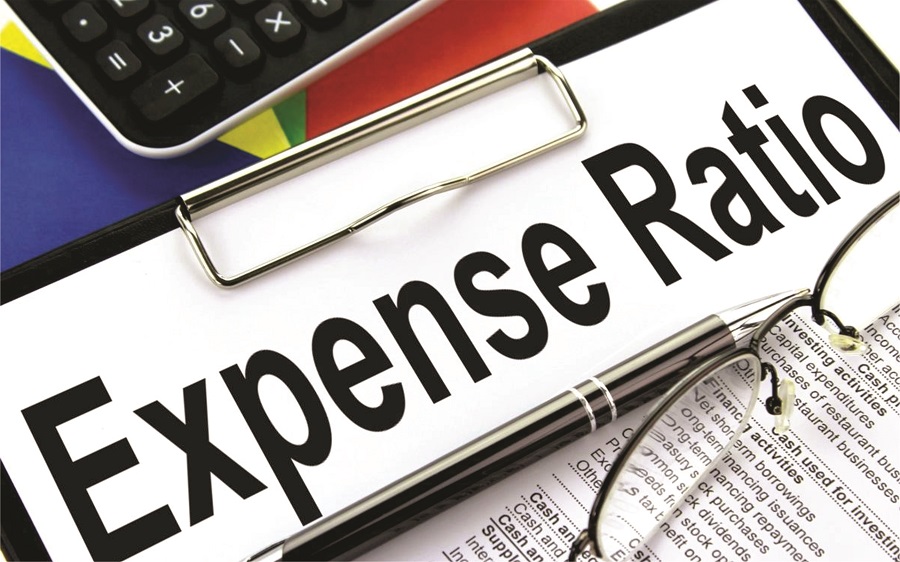In what may be a deliberate attempt to pacify investors and stem the ongoing massive redemptions in mutual funds, some funds have seen huge reductions in their expense ratio in the month of August. On average, the expense ratio of equity funds which stood at 0.24% in May fell to 0.19% in August.
For Money Market and Fixed Income Funds, while the expense ratio on money market funds remained unchanged at 0.14% between May and August, Bond funds expense ratio declined marginally by 0.01% from 0.15% in May to 0.14% in August. On the other hand, the average expense ratio on Fixed income funds inched up by 0.01% from 0.41% in May to 0.42% in August.
Real Estate Investment Trust funds saw their expense ratio increase most by 0.09% going from 0.09% in May to 0.18% in August due to UPDC Real Estate Investment Fund whose expense ratio increased by 0.44% from 0.07% in May to 0.51% in August as well as Nigeria Real Estate Investment Trust whose expense ratio went up by 0.14% from 0.02% in May to 0.16% in August.
Balanced and Ethical Funds
The average expense ratio on Balanced or Mixed funds fell by 0.58% from 0.97% in May to 0.39% in August. The two funds that orchestrated this massive decline in expense ratio are Lead Balanced Fund which saw its expense ratio decrease by a whopping 5.7% from 10% in May to 4.3% in August and AIICO Balanced Fund that fell by 4.9%, having reported an expense ratio of 0.21% in August, which is a large reduction from its reported expense ratio of 5.11% in May.
Also, in the league of fund types with a reduction in their expense ratio is Ethical funds whose expense ratio went south by 0.25% from an average of 0.61% in May to 0.36% in August.
Added Transparency
With the Security and Exchange commission publishing the expense ratios of mutual funds periodically, it is introducing added transparency in reporting within the mutual fund industry and offering mutual fund investors a good knowledge of how much each fund costs in terms of expenses. There is no doubt that investors will be the better for it as competition and economies of scale force fund managers to lower their expense ratios even further in the future.
Why Expense Ratio Declines
It is a well-known fact that investors take expense ratio into consideration when deciding on what funds to invest in. It will not be surprising to see larger inflows going into funds with relatively lower expense ratios and that may be one of the reasons why money market funds attract the highest amount of inflows week on week as it boasts of the least average expense ratio of 0.14% among all categories of funds.
There could be other reasons for expense ratios to fall in addition to competition and economies of scale. One of such reasons is when assets shift through reallocation to lower cost funds, thereby increasing the total asset value of such funds and ending up reducing the expense ratio which is simply the total expenses of a fund divided by the fund’s total asset value.
Another reason for expense ratio to fall is when a new low-cost fund is launched, leading to a reduction in the average expense ratio. The closure or exit of a higher cost fund or funds from the industry or market also has the tendency to push down average expense ratio.
Looking at the data from the Security and Exchange Commission, SEC, it does not appear that the sharp fall in expense ratios of Nigerian mutual funds is attributable to the last two reasons. To the investors, enjoy the lower expense ratios while they last and let us hope that it lasts for a very long time.



















